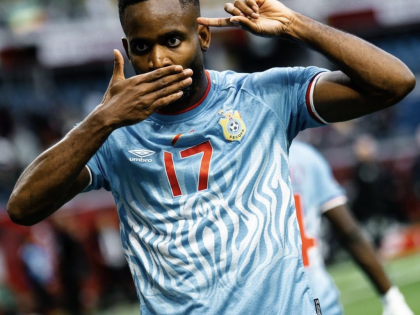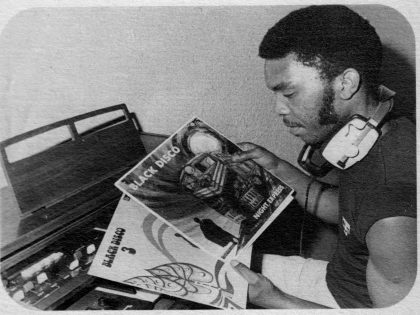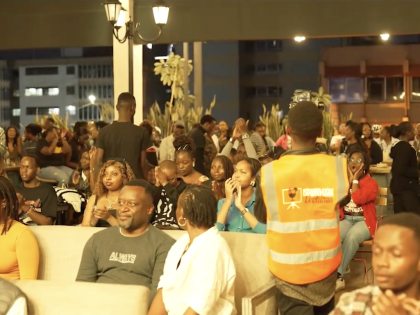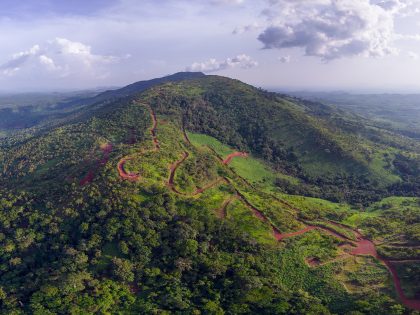Rock Angola
Rock music has been popular in Angola since the late colonial period and forms part of a complex urban soundscape in the country.

A still from the video for "Kilapanga do Orfão" by Angolan rock group, Cafe Negro.
A few days ago a young Angolan man I interviewed last year about Volume 10, a radio program featurin rock that’s been on Angola’s Radio FM/Radio Escola for 16 years, posted the video below on Facebook. It’s by an Angolan rock band Café Negro and is called “Kilapanga do Orfão” (the Orphan’s Kilapanga). Kilapanga is a rhythm from northern Angola fused here with rock. Rock has been popular in Angola since the late colonial period (which ended in 1975 at independence) and has formed part of a complex urban soundscape.
Last May when I interviewed some of the members of the Volume 10 crew, all of whom were born after independence, they recalled that their parents, teachers, friends, etcetera had discouraged them. Some went so far as to describe them as un-Angolan. Yet even at the height of Angola’s civil war (1975-2002) the clubs and bars of Luanda’s downtown played rock as well as Congolese music, music from the Caribbean (especially zouk) and from Cape Verde. Angolan musical genres like kizomba, Angolan hip hop and kuduro (we’ll save those for another post) emerged out of this scene, and apparently Angolan rock too.
This video switches between the desert of Namibe in Angola’s south and the forest on the Ilha de Luanda (Luanda Island), an atoll connected to the capital.
Watch the video.



















